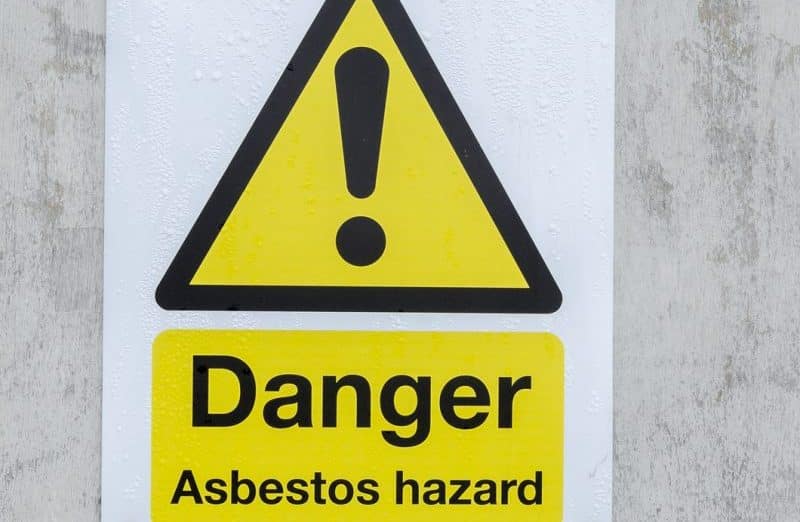Many people don’t often think about asbestos, or the effects it has on our quality of life. That’s because many assume that such a harmful substance was banned from use or distribution in the United States sometime in the 1970s or 1980s. Unfortunately, believing that we no longer need to worry about this harmful substance is only wishful thinking, as asbestos is still common in homes and businesses across the country and in places that may surprise you. The reality is that asbestos has been a part of our lives for decades, and despite intense legal challenges, continues to be a threat to our health even today. As leading mesothelioma lawyers, Napoli Shkolnik PLLC is intimately familiar with the challenges that the government has faced in banning asbestos and its related products.
Early Attempts To Control Asbestos
Asbestos was used in dozens of products across a wide variety of industries for decades until legislators began to take action. After being used in everything from home building supplies to fire abatement products in factories and mines, scores of people began to report worsening health and illnesses related to their exposure to asbestos. Despite these negative effects being reported as early as the 1930s, asbestos continued to be an everyday part of American life. This wouldn’t begin to change until decades later when the environmental movement of the 1960s and 1970s forced the U.S. government to take action. Congress first acted against asbestos with the 1970 Clean Air Act, which labeled asbestos as a hazardous air pollutant. With the stage set, governments at the local and state level began to pass their own legislation and rulings about the use of asbestos. Ultimately, each group recognized that asbestos had an impact on the quality of life of the workers and residents that made up their constituencies.
The fight to regulate and reduce asbestos did not end in 1970, however. In 1976, the federal government took more steps against asbestos. The Toxic Substance Control Act offered the Environmental Protection Agency the opportunity to restrict and regulate any chemicals and materials that had known health risks, like asbestos. Thanks to this piece of legislation, the EPA made the move to ban most asbestos-containing materials and products. This lead to the Asbestos Ban and Phaseout Rule, which could have kept businesses from creating, importing, handling, selling, or distributing any product or material that made use of asbestos.
The Reaction To These Early Regulations
In a rare moment of bipartisan cooperation, these measures were met with acclaim from both sides of the political spectrum. These moves were well thought out and meant to protect the health and welfare of the American public. As a result of the large amount of publicity they received, and their overall acclaim, many Americans naturally assumed that asbestos had been effectively banned in the U.S. Despite the bipartisan and public support, these regulations were met with an equally ferocious response from lobbyist groups and private corporations. This resistance would lead to a dramatic shift in U.S. policy about the use and creation of asbestos products. Our next blog post will expand on this tense political topic, and how it continues to affect us today.
Your Trusted Mesothelioma Lawyer
Asbestos continues to be a problem that Americans across the country deal with almost every day. When your health has been impacted by exposure to mesothelioma, you need effective and aggressive legal representation. Employees in certain industries are more likely to be exposed to asbestos, leading to deadly illnesses like mesothelioma, asbestosis, and lung cancer. If you or a loved one has been a victim of mesothelioma, you may have a valid legal claim. The nuanced medical and scientific nature of these cases make it important that you have a mesothelioma lawyer handling your claims. Our team of mesothelioma lawyers can help you gain the financial compensation you deserve after your exposure. Despite being based in New York, we have offices in states across the country, including, California, Delaware, Florida, Illinois, New Jersey, Texas, and Michigan, with affiliate offices in many more. Connect with us today to see if you have a legal case against an employer or property owner.
Read more in Has Asbestos Been Banned? – Part 2
